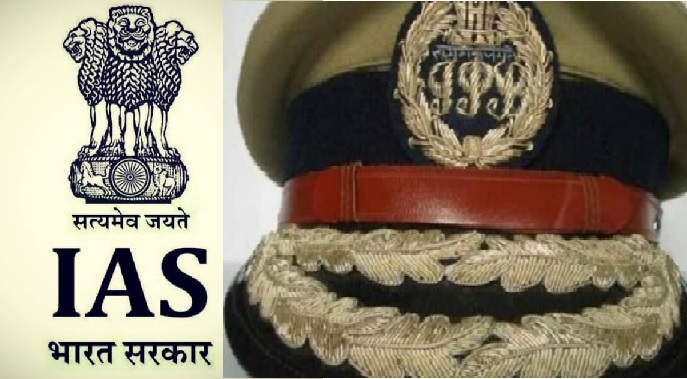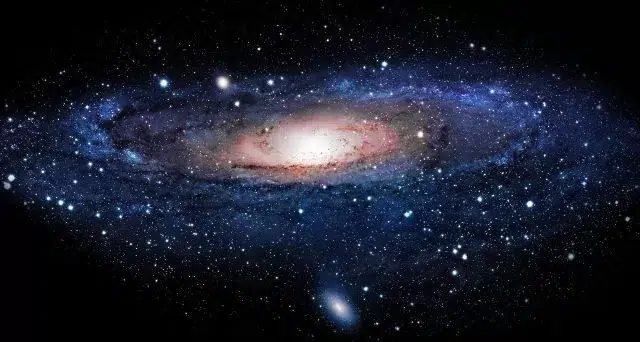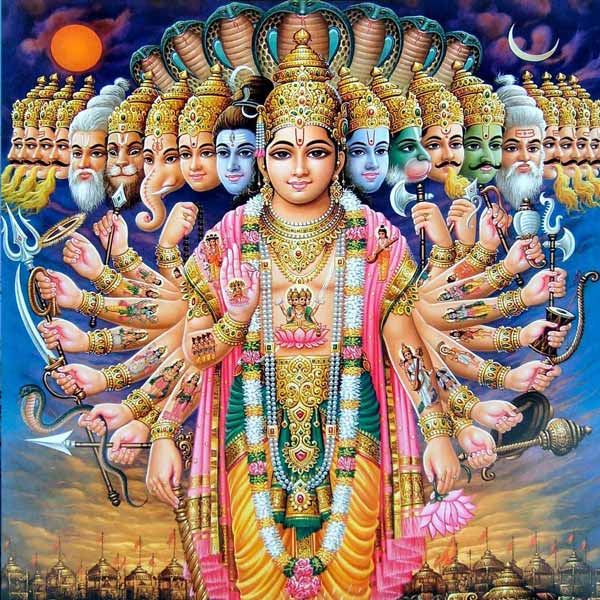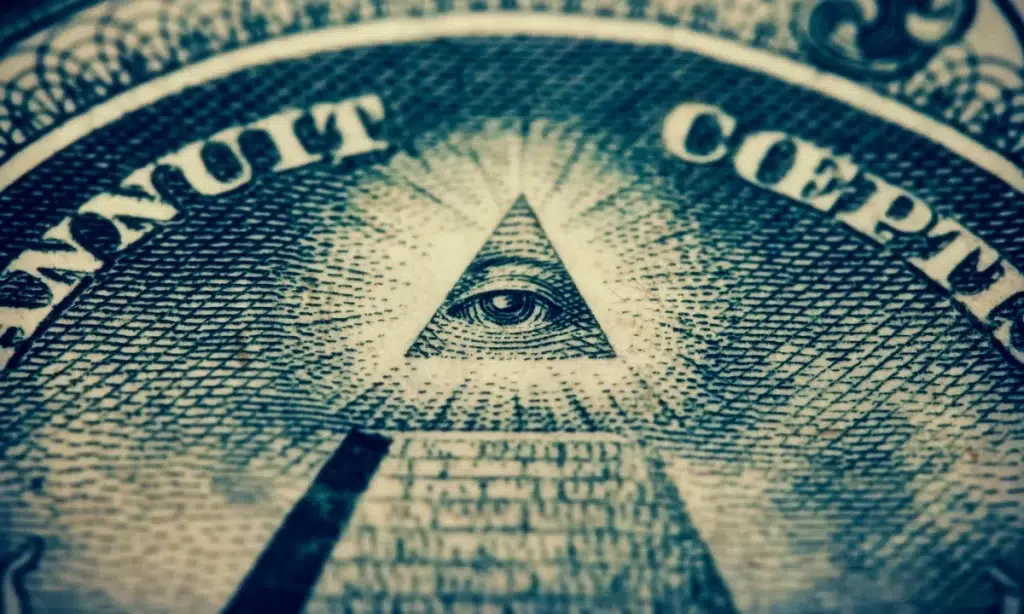Introduction of International Export Control Groups
International Export Control Groups are voluntary and non-binding agreements created by the major supplier countries that have agreed to co-operate in their effort to prevent and regulate the transfer of certain military and dual-use technology. It aims at preventing the proliferation of Weapons of Mass Destruction (WMD).
- They are independent of the United Nations.
- Their regulations apply only to members and it is not obligatory for a country to join.
- India is now a member of three of the four international export control groups, except the Nuclear supplier Group.
There are currently four such regimes under International Export Control Groups
- The Nuclear Suppliers Group (NSG), for the control of nuclear related technology.
- The Australia Group (AG) for control of chemical and biological technology that could be weaponized.
- The Missile Technology Control Regime (MTCR) for the control of rockets and other aerial vehicles capable of delivering weapons of mass destruction.
- The Wassenaar Arrangement on Export Controls for Conventional Arms and Dual-Use Goods and Technologies.
Wassenaar Arrangement
- The Wassenaar Arrangement is a voluntary export control regime. The Arrangement, formally established in July 1996, has 42 members who exchange information on transfers of conventional weapons and dual-use goods and technologies.
- Dual-use refers to the ability of a good or technology to be used for multiple purposes – usually peaceful and military.
- The Wassenaar Arrangement has been established in order to contribute to regional and international security and stability, by promoting transparency and greater responsibility in transfers of conventional arms and dual-use goods and technologies
- Wassenaar Arrangement’s Secretariat is in Vienna, Austria.
- It is a successor to the Coordinating Committee for Multilateral Export Controls (COCOM) from the Cold War era.
- The Wassenaar Arrangement has control lists that document the dual-use goods and technologies. These lists are updated regularly.
- With the exception of China, all the other permanent members of the U.N. Security Council are signatories of the WA.
- India was inducted to the Wassenaar Arrangement on 7 December, 2017 as the 42nd member.
- India joining the Wassenaar Arrangement implies that India is also recognised to have dual use technology. There is an exchange of notes when countries meet in such arrangements. So, India will gain access to high technology which will help to address the demands of its defence & space sectors.
- Earlier India’s efforts at the NSG were stopped by China, which is not a member of the Wassenaar Arrangement.
- Wassenaar Arrangement membership is seen as a credit on India’s need for diplomacy in sensitive nuclear issues, compared to the failed attempt to gain entry to the NSG in 2016.
- India’s admittance into the Wassenaar Arrangement will strengthen India’s credentials as a responsible nuclear power.
- India’s WA membership is expected to build up a strong case for India’s entry into the 48-member Nuclear Suppliers Group (NSG).
Missile Technology Control Regime (MTCR)
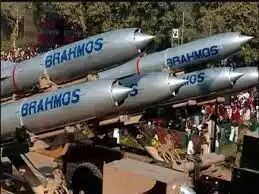
- Missile Technology Control Regime (MTCR) was established in April 1987 by G-7 countries – USA, UK, France, Germany, Canada, Italy, and Japan.
- It is an informal and voluntary partnership among 35 countries to prevent the proliferation of missile and unmanned aerial vehicle technology capable of carrying greater than 500 kg payload for more than 300 km.
- The members are thus prohibited from supplying such missiles and UAV systems that are controlled by the MTCR to non-members.
- India was inducted into the Missile Technology Control Regime in 2016 as the 35th member. India has joined MTCR as a full member and also agreed to join the Hague Code of conduct which bolstered its position as a responsible nuclear state and strengthen its case for the membership of Nuclear Suppliers Group.
- India can procure high-end missile technology and run joint programmes for development of unmanned aerial vehicles with other countries.
- India being a member of the regime will have some obligations like sharing critical information about its military and technological assets, consulting other member countries regarding the export of any MTCR items, especially those notified or denied by another partner.
- China is not a member of this regime but it had verbally pledged to adhere to its original guidelines but not to the subsequent additions.
Australia Group
- The Australia Group (AG) is an informal forum of countries which, through the harmonisation of export controls, seeks to ensure that exports do not contribute to the development of chemical or biological weapons.
- India has joined the Australia Group (AG) on 19 January 2018 and became the 43rd member of the group.
- The Australia Group (AG) is an informal forum of countries which, through the harmonisation of export controls, seeks to ensure that exports do not contribute to the development of chemical or biological weapons.
- The formation of the Australia Group (AG) in 1985 was prompted by Iraq’s use of chemical weapons during the Iran-Iraq War (1980-1988)
- The Australia Group has a list of 54 compounds that are identified to be regulated in global trade. This list includes more items than the Chemical Weapons Convention.
- The annual meeting is held in Paris, France.
Nuclear Suppliers Group (NSG)
- The Nuclear Suppliers Group (NSG) is a group of nuclear supplier countries that seeks to contribute to the non-proliferation of nuclear weapons.
- The NSG came into being as a response to the 1974 nuclear tests by India. There is a Trigger List and items from the list are forbidden to be exported to Non-NPT member countries.
- It has 48 participating governments. China is a member of the NSG but not of the Wassenaar Arrangement or the MTCR.
- India is not a member of the NSG because all its efforts were consistently blocked by China and some other members. India’s bid for membership being blocked on the ground of India being a non-signatory to the nuclear non-proliferation treaty.
- China demanded for a non-discriminatory procedures for entry of the countries that haven’t signed NPT.
- China to further obstruct India’s membership demand, had clubbed India’s membership bid with that of Pakistan’s. However, Pakistan’s credentials for membership is extremely inaccurate.
Factors in favor of India’s membership
- France got membership in the elite group without signing the NPT. France ratified NPT only in 1992.
- Commitment to nonproliferation: India’s commitment to bifurcate its civilian and military nuclear programs along with its nonproliferation record ensured indigenously developed technology is not shared with other countries.
- Transparency: India has also ratified an Additional Protocol with the International Atomic Energy Agency (IAEA) which means that its civilian reactors are under IAEA safeguards and open for inspections.
Why India refused to sign NPT?
- NPT (Nonproliferation Treaty) is an international treaty, which came into force in 1970. The main objective was to prevent the spread of nuclear weapons and weapons technology.
- India refused to sign NPT because (1) The NPT defines “nuclear weapons states” as those that tested devices before 1967, which means India cannot ever be one. (2) No fixed timelines have been mentioned for disarmament. (3) NPT is unfair treaty as nuclear weapon states have no obligation to give them up while non-nuclear states are not allowed to have them.
- Apart from India, Pakistan and Israel have also not signed NPT.
Why NSG was formed?
- India conducted its first Nuclear test -Pokhran-I (Smiling Buddha), in 1974.
- The nuclear powers were convinced that the Nuclear Non-Proliferation Treaty (NPT) alone would not halt the spread of nuclear weapons. Consequently, NSG was formed in 1974.
- The current guidelines of NSG state that a non-NPT state cannot become a member of NSG which keeps India out of the group.
Conclusion
International Export Control Groups today form significant decision making bodies in the global rules-based order. Membership to these not only allows greater technology and material access but enhances the credibility of a nation as a responsible member of the world order. India is poised to become a significant player in the world and thus requires a voice in these International Export Control Groups to further its claim as a rising power.
Also refer:

